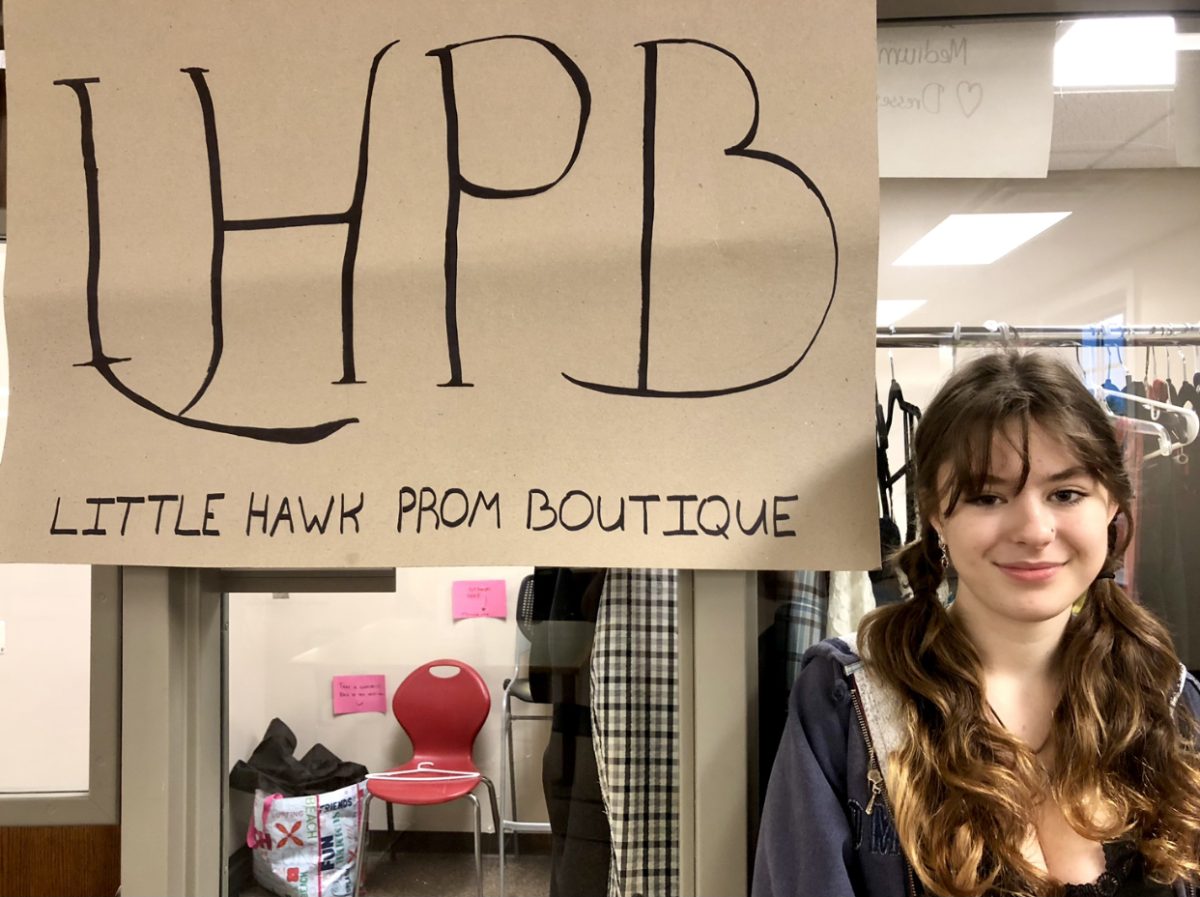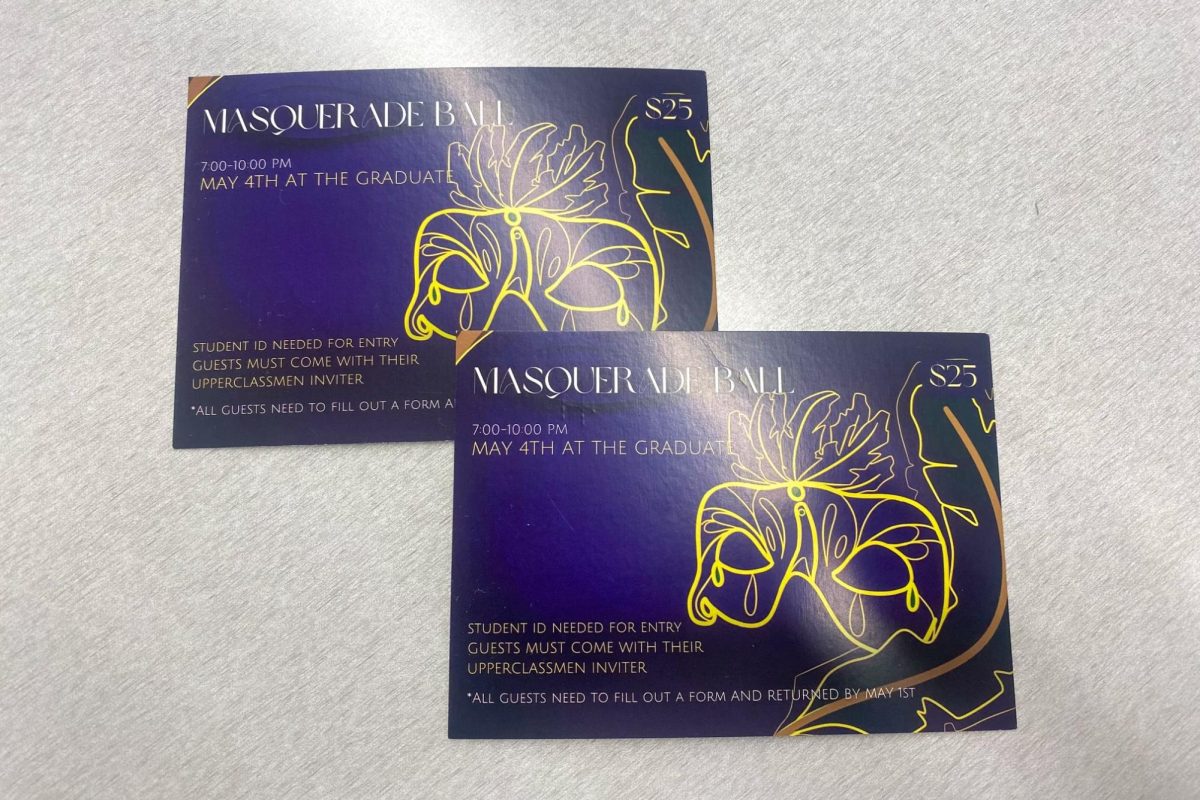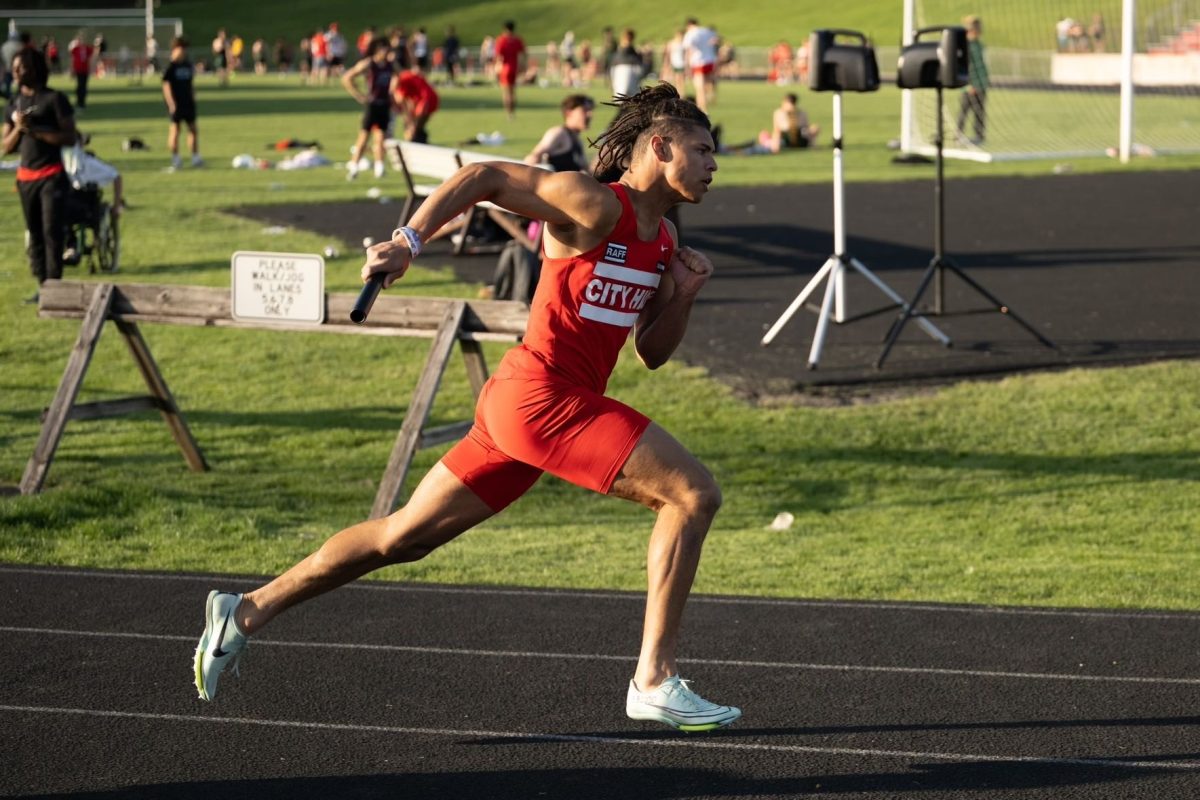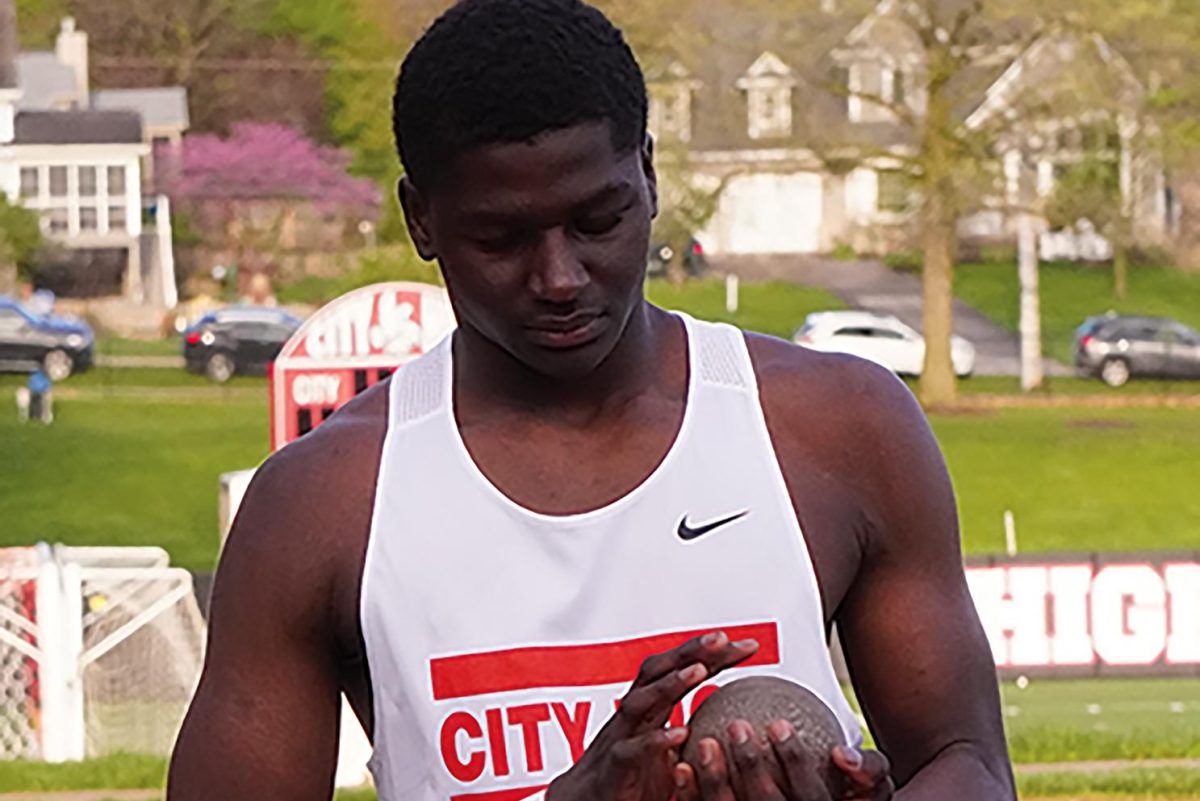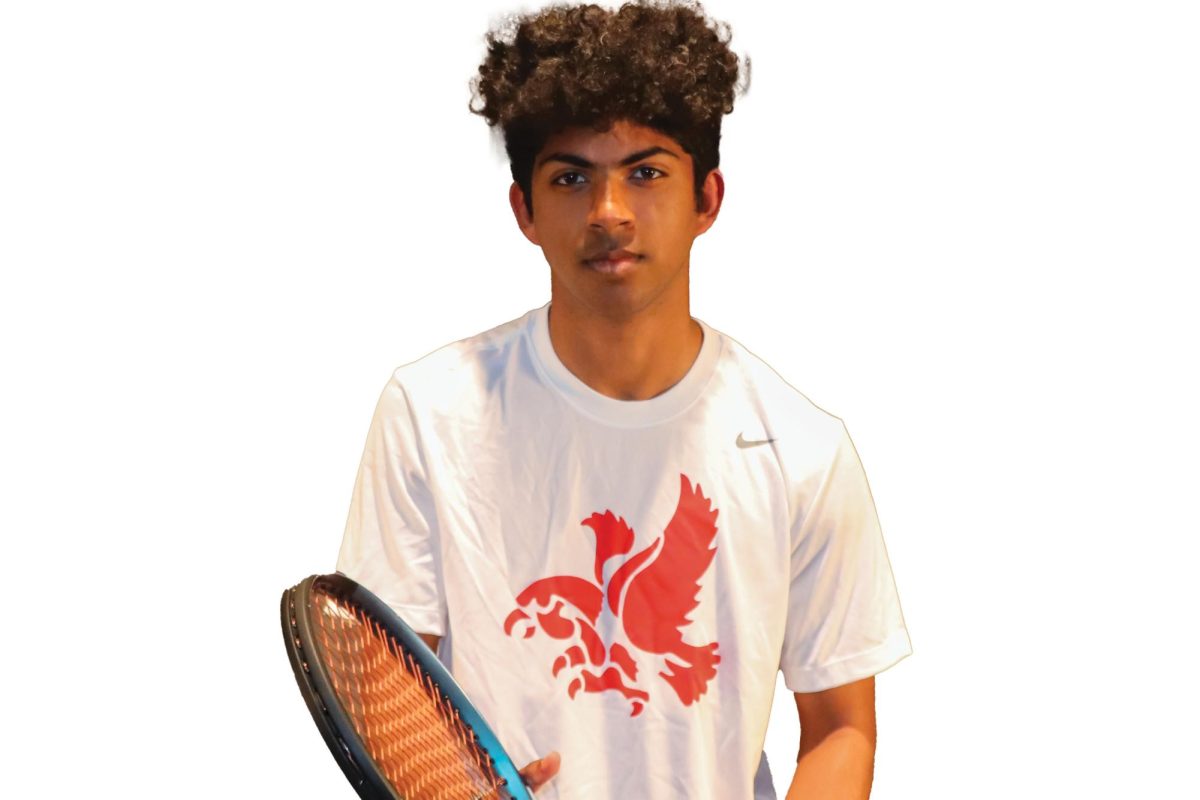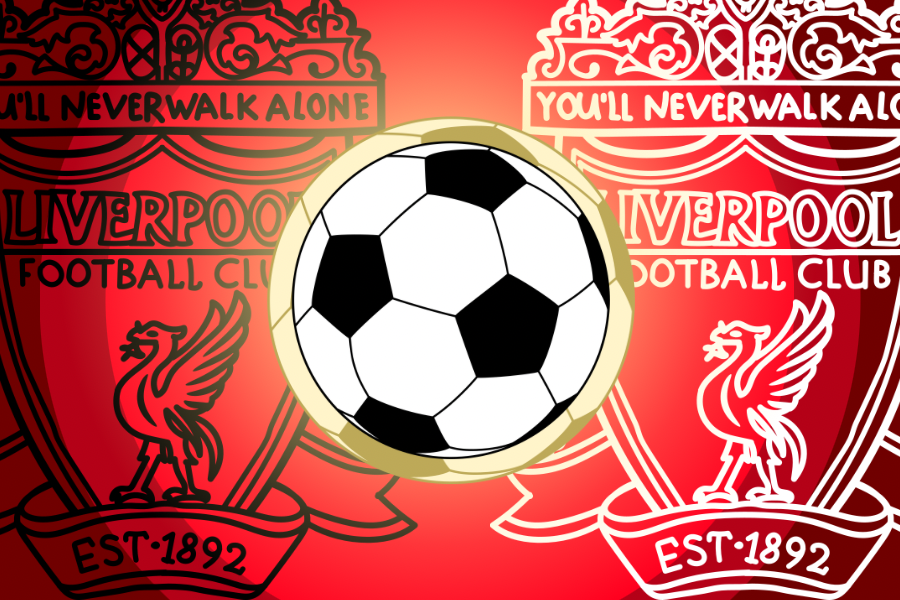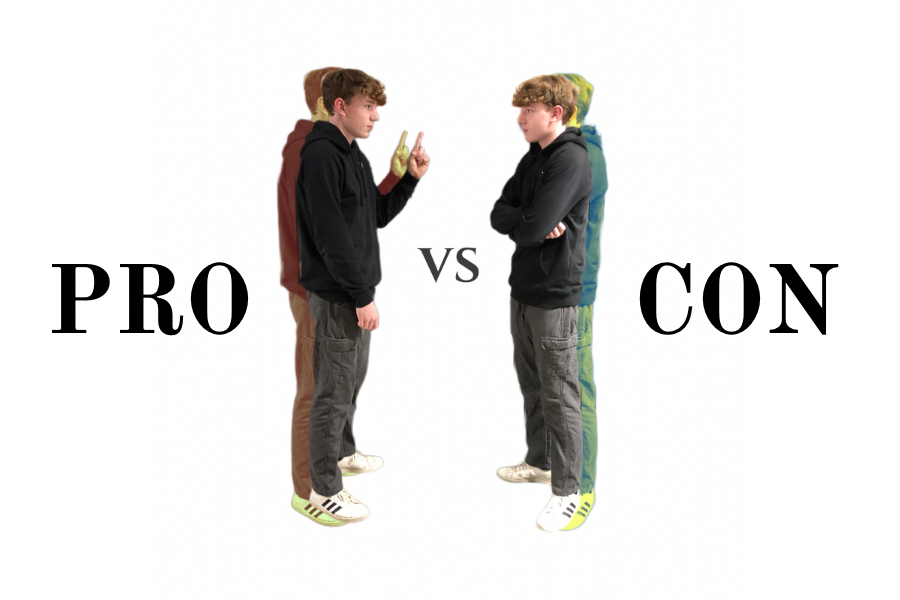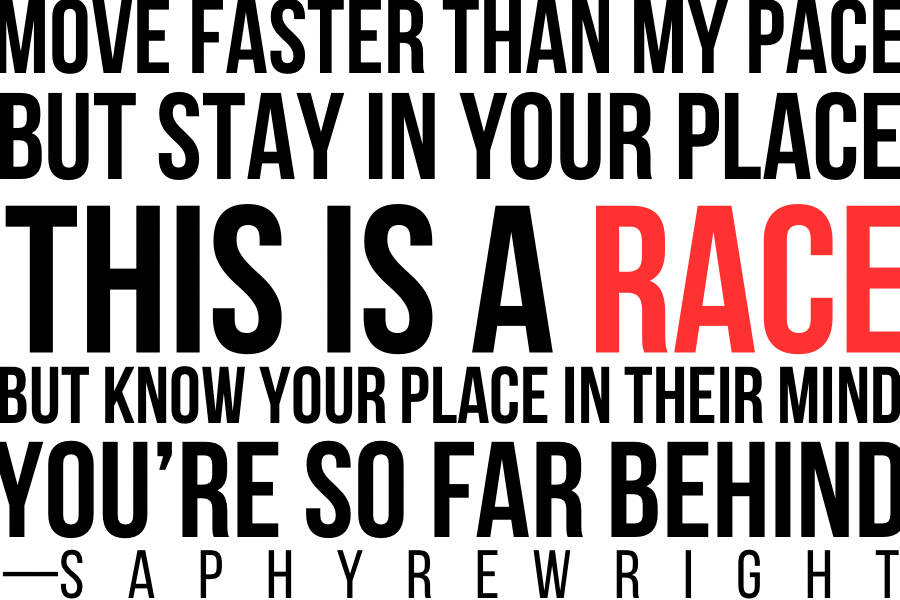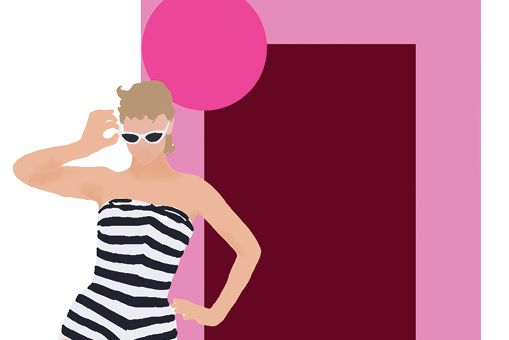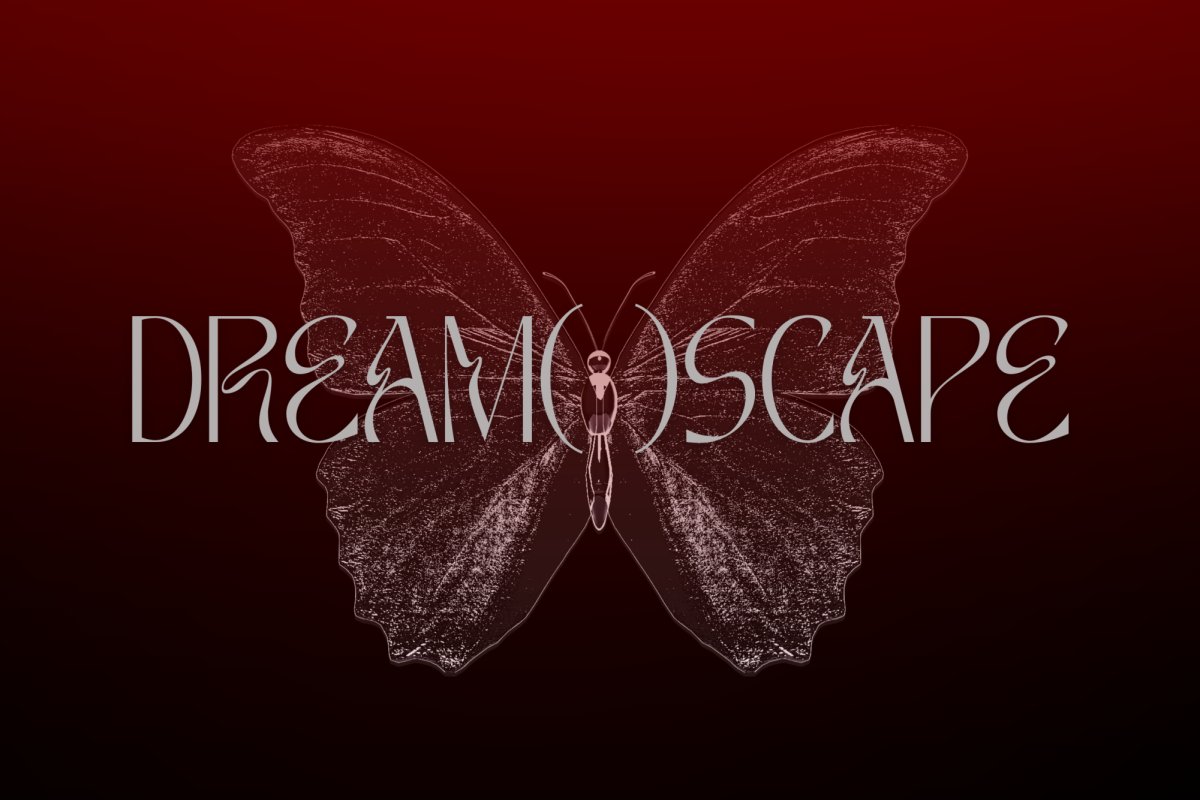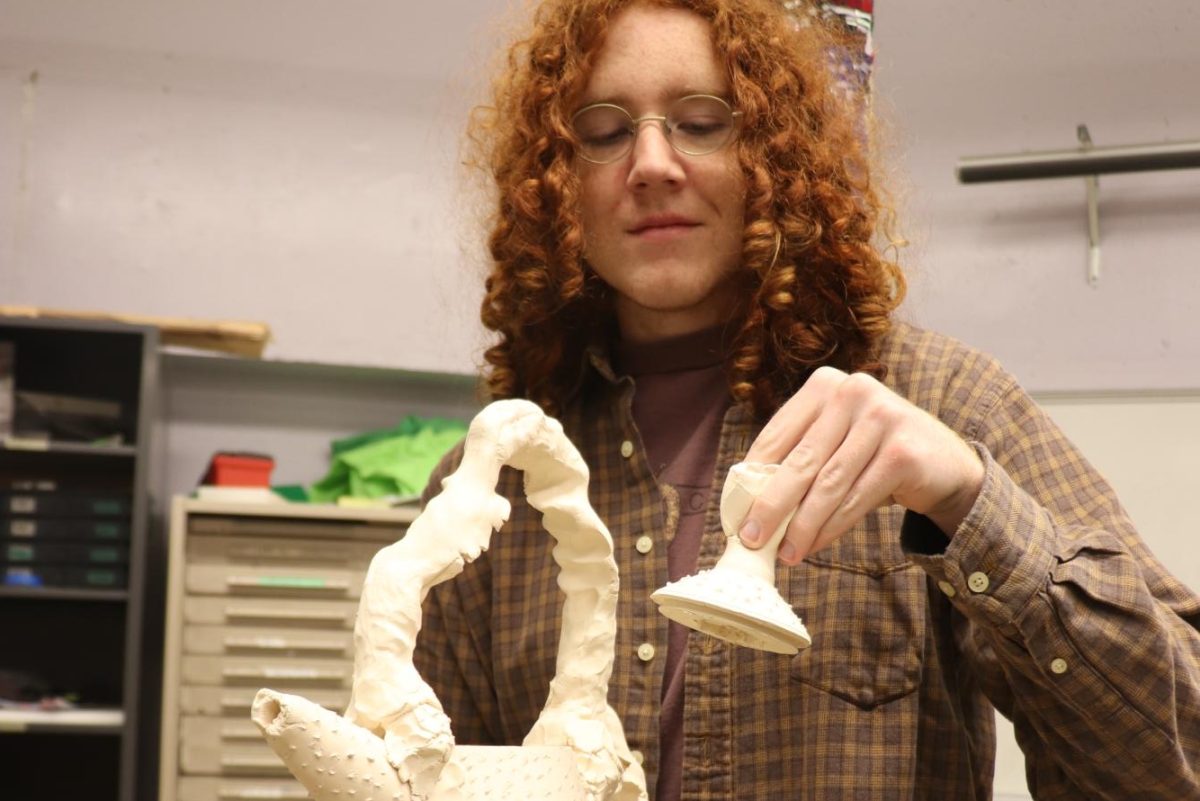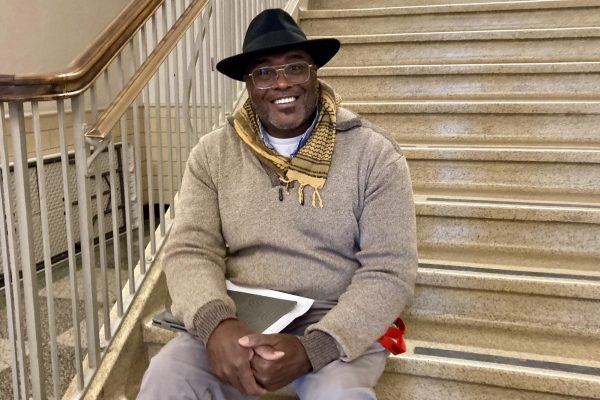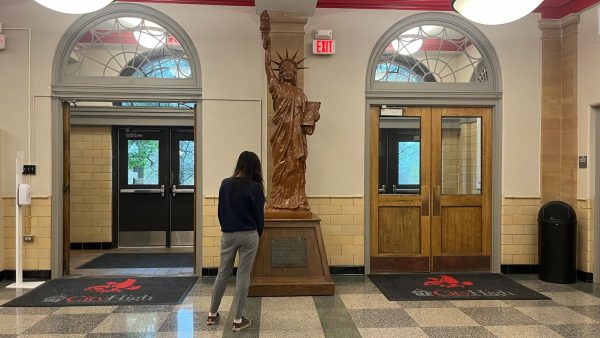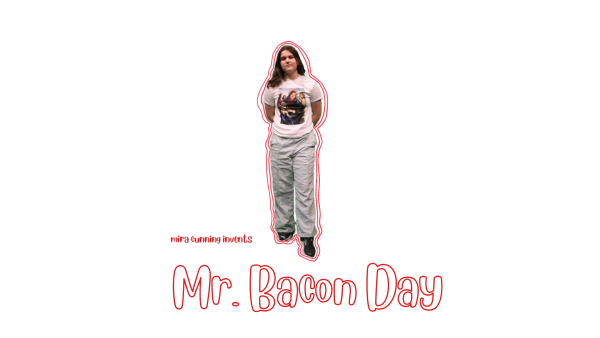T-shirts and Torment
May 8, 2019
According to The Merriam Webster Dictionary, catcalling is “a loud, sexually suggestive call or comment directed at someone publicly (as on the street).”
For years, woman have been catcalled, making harassment a frequent thing to witness on the street. A sex education instructor working for the United Action for Youth, Stanzy Scheetz, expressed how catcalling affects our society.
“It’s difficult to put a number to the frequency of catcalling, but I believe that it’s much more common than people think,” Scheetz said.
People tend to stay silent with their stories because in our society, street harassment is a typical thing for women and young girls to experience.
“Experiencing street harassment is so widespread, that victims do not always mention certain incidents because–very unfortunately–it’s become so normalized,” Scheetz said.
Meaning that people often do not realize how common catcalling is, and how it affects people’s views of themselves.
“Being catcalled made me feel so alone because I felt guilty to talk about it,” Ruth Meehan ‘22 said. “I kept asking myself, ‘What did you do to deserve this? What did you do wrong that made this happen?’ It just made me feel like I was nothing.”
Another City High student, Jane*, conveyed that catcalling diminishes one’s self esteem.
“I think it lowers your confidence, causing to rethink what you do, whether…it’s what you wear or how you carry yourself,” Jane said. “Once you start getting called these names, you start to wonder if you’re doing something wrong or if you’re asking for this attention.”
Because of the commonality of catcalling, women tend to think that the uncomfortable feeling is their fault and not the man that catcalled her.
“It made me feel awkward and uncomfortable because I didn’t know the guys who were catcalling me. It was unnecessary and I know I didn’t do anything but it made me feel like I did,” Olivia Burke ‘21 said.
Besides promoting a variety of emotions, catcalling can prompt anger among victims.
“I kind of want to flip perpetrators off, because I get angry. Me, being the feminist that I am, I want to say, ‘Screw you, you suck,’” said Shoshie Hemley ‘21. “However, it could be dangerous to react, so it’s really irritating. Catcalling makes you mad, but doing anything can be unsafe.”
Due to concerns like these, women don’t normally confront the people that are catcalling them, but rather ignore them and take the comments.
“Unfortunately, some don’t see catcalling as harassment since it’s typically verbal, but ignoring or confronting the catcaller can lead to aggression or violence,” Scheetz said.
Despite the lack of crime in Iowa City, there is still things like catcalling and violence associated with the community. Emme Perencevich ‘21 shared her story.
“A couple of years ago, I was biking home from my friend’s house and some guys in a white pickup truck were driving behind me. They got closer to me and were yelling stuff that I couldn’t really understand,” Perencevich explained.
She didn’t expect violence to take place because the yelling seemed so harmless.
“As they got parallel to my bike, they threw glass beer bottles at my tires. They drove off, continuing to scream at me,” Perencevich said.
Along with violence, people find it hard to deal with the fact that they are catcalled or harassed in areas they would normally feel safe in.
“I was walking home from school one day and I saw some guys on my side of the road. They looked to be pretty rowdy, so I decided to switch sides. As I was crossing, the guys started whistling, clapping, making crude gestures and laughing, and then one of them said, ‘get your fine ass over here,’” Meehan said. “It took me awhile to get over it, and I wasn’t allowed to walk home after that.”
The feeling of fear has stuck with Meehan since the harassment took place.
“I’ve been walking home from school since I was in first or second grade, and then all of a sudden as a fourteen-year-old it was scary just because someone had catcalled me,” Meehan said.
Meehan is not the only one to have been catcalled in areas which would normally be considered safe.
Other students, like Ana Van Beek ‘21, have been catcalled numerous times by upperclassmen at City High. Jane and Meehan have been catcalled at South East Junior High. Niyati Deshpande ‘21, a West High student, has been catcalled at school. Perencevich was catcalled at a school sponsored Model UN conference.
“It’s just so hard to be somewhere that you think is safe and nothing will happen to you, and then something does,” Meehan said.
Another problem which many people face when it comes to catcalling is that many victims don’t conform to the stereotypes they see in media and in their lives which revolve around harassment.
“I mainly see a lot of men catcalling women,” Jane said. “And I see a lot of tight clothing or less clothing thought to be involved.”
Men can also be catcalled. Even the definition provided Google’s dictionary states “make a whistle, shout, or comment of a sexual nature to a woman passing by.”
“I have not personally heard guys talk about being catcalled, but it is something that can happen to anyone, regardless of gender,” Scheetz said. “However, statistically, women experience catcalling at much higher rates, with men being the perpetrators of catcalling at higher rates.”
Despite what statistics say, it is still notable that men can experience street harassment as well as women.
“It’s stereotypical for people to think that men can’t be catcalled because they don’t have the things that women have, but that’s not true,” Jane said.
Another problem centering around street harassment is the belief that it is affected by what people-specifically women-were wearing at the time of the incident.
“I think we do have more features than guys do and it sucks that we can’t wear certain things because of that,” Van Beek said. “It’s important to know that you shouldn’t be told what to wear, and to know the consequences of what you wear. You need to understand that and that the guidelines are there to help.”
An anonymous poll taken showed that 16 of 22 City High students believed there is a correlation between what people wear and if they are catcalled.
“There is this idea if she’s wearing revealing clothes, then she is asking for the attention,” said Asha Keller ‘19.
Despite this common belief, a different poll taken reported that 84.6% of 39 people reported having been catcalled at least once, while wearing a variety of clothing.
Of 30 responses, one person reported wearing a crop top, one person reported wearing a muscle shirt, and three people reported wearing a dress. The other 25 people reported wearing jeans or leggings and a t-shirt, shorts and a t-shirt, sweatshirts, sweatpants, turtlenecks, sweaters, or baggy clothing.
“I do not believe that there is a correlation between catcalling and clothes, as it seems that people can and will be catcalled regardless of what they are wearing,” Scheetz said. “Whether it’s a sundress or sweatpants, the problem of catcalling is on the perpetrator, not the victim’s presentation.”
Other catcalling and street harassment victims have reported similar opinions.
“A big stereotype is that what you’re wearing provokes someone to catcall you, which is completely unfair and your clothes shouldn’t matter,” Meehan said. “We have the freedom to wear what we want to wear and if other people can’t control themselves then they need to get help. It’s not the victim’s fault, it’s the person that’s doing the catcalling.”
People have called this a trend which recommends that a street assault victim is partially responsible for being catcalled due to their choice in fashion, and this has a negative effect on the whole situation.
“Recommending people dress differently to ‘prevent’ catcalling harbors a culture of victim-blaming and ignores that the problem is not about fashion to begin with,” Scheetz said. “Rather than focusing on how victims need to change themselves, catcalling should be called out for what it is–harassment–and perpetrators need to be held accountable.”
People are still continuing to voice their disdain on the question of what people were wearing during a harassment incident.
“One stereotype would be that people who put themselves on display, for any reason, are automatically the ones who get catcalled. But when my friend and I were standing in a parking lot and got catcalled, we were wearing t-shirts and sweatpants,” Deshpande said. “In actuality, catcalling says more about the perpetrator than it does the victim.”
Being asked what people were wearing when someone harassed them made them feel even worse about the situation than they originally did.
“It’s very demeaning. It makes it seem as if it was my fault that I got catcalled when in reality it was the boys’ fault,” Deshpande said. “He couldn’t respect basic boundaries but somehow it’s still my fault. The question of what I was wearing makes the incident shameful.”
Catcalling has been normalized among the day-to-day actions of teenagers, that it can be considered “a right of passage” and leave people with low self esteem when they lack the attention of others.
“I definitely think that catcalling has become validating in our culture. I’m sure there are other girls who haven’t been catcalled who feel the same as I do,” Hellwig said. “They feel that somehow they’re not good enough, pretty enough, or not deserving in general of feeling like they look good. It’s kind of become something that just happens and you should expect it.”
The expectation to be catcalled has left people who don’t get the same attention feeling somewhat affected.
“Not being catcalled has definitely subconsciously affected my ego. As I’ve grown up I’ve kind of realized that with all of my friends, people look at them ‘like that’ and say stuff ‘like that’ but I never get told things like, ‘What’s up, hottie?’” Hellwig said. “It just makes me feel kind of bad, even though I don’t think it should. It’s definitely been a bit of a blow to my already crippling fear that people don’t like me.”
Despite not being catcalled herself, Hellwig thinks that there is still a line that should not be crossed.
“I think if somebody said, ‘You’re so hot. Come here right now,’ [that is a problem]. There is a line, but it’s kind of an unclear line,” Hellwig said. “You’ve got to define what is respectful and what isn’t, rather than just grouping everything in one category.”
Other people have expressed uncertainty about the difference between catcalling and flirting; however, some catcalling victims would say that what is harassment is very clear.
“There is a difference between flirting and catcalling. In movies and TV shows it’s portrayed as the who person was catcalled thinking, ‘That person likes me,’ when really it’s not a good thing and there are other ways to show people you like them, like by being up-front and in person about it,” Meehan said. “Everything doesn’t have to be in that sexual, dominant way.”
This has caused people to think that the media contributed to the way that people view catcalling, and is partially responsible for the confusion between compliments and catcalling.
“Unfortunately, many still see catcalling as a compliment and therefore do not see it as an issue,” Scheetz said. “But women sometimes alter their life in order to avoid it, like walking a different route or using different public transportation.”
Overall, while some people see the line between compliments and catcalling unclear, victims mostly agreed that street harassment in general is a bad thing.
“Basically, it’s 2019. People should grow up. If they don’t realize catcalling is wrong then there is something wrong with them,” Hemley said. “A lot of people will say, ‘It’s a compliment,’ or, ‘It’s a joke,’ but they know people don’t like it, they have been made aware. The Me Too movement is huge, and if they are still ignorant enough to think that no one is going to care when they catcall, then they’re purely dumb.”
*Name changed for anonymity purposes



